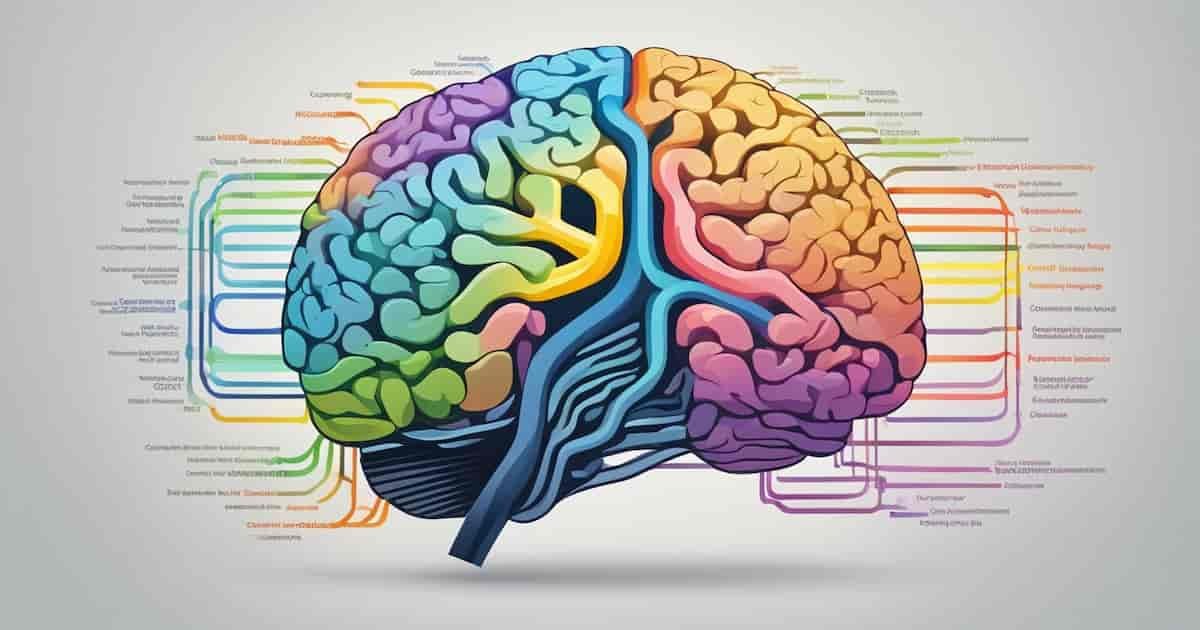
Insights into Personality and Preferences
Your favorite film genre can tell a lot about how your brain reacts to different emotions. Recent research from Martin Luther University Halle-Wittenberg (MLU) examined this relationship by studying the preferences of about 260 individuals. The study found that fans of action films and comedies showed strong responses to negative emotional stimuli, while those who preferred documentaries, crime films, or thrillers exhibited much weaker reactions. The findings were shared in the journal Frontiers in Behavioral Neuroscience.
Psychologists find films quite intriguing since they portray and evoke a broad range of human emotions. According to Esther Zwiky, a psychologist at MLU, negative emotions like anger and fear often play significant roles in films, making them essential for understanding emotional processing in our brains. Until recently, the link between film choices and how we respond to negative emotions was not well-explored.
The study involved an analysis of data from 257 participants, who also shared their film preferences. Their brain activity was monitored using functional magnetic resonance imaging (fMRI) as they viewed various stimuli, including fearful and angry faces alongside geometric shapes. This method allowed researchers to gain insight into emotional processing in the brain.
Two specific brain regions were the focus of the research:
- Amygdala: This area is vital for processing strong emotions. It can trigger a fight-or-flight response when faced with threats.
- Nucleus Accumbens: Known as the reward center, this area is crucial for feeling pleasure and reward.
The results were unexpected. Action film enthusiasts displayed the strongest activations in both the amygdala and nucleus accumbens. Initially, it would seem logical that action fans, accustomed to numerous stimuli, might be less affected by emotional cues. Surprisingly, the opposite was true; they appeared more open to emotional stimulation, finding it engaging. Comedies elicited a similar level of brain activity.
In contrast, those drawn to crime films, thrillers, or documentaries reacted much less strongly in these regions. This suggests that you may choose your favorite movie genres based on how well they stimulate your brain. The study illustrates that different film types can connect with viewers’ emotional processing in diverse ways, offering insights into why you may prefer one genre over another.
Frequently Asked Questions
What can your favorite film genres reveal about your psychological profile?
Your choice of film genres can provide valuable insights into your psychological makeup. For example, those who prefer action films may seek excitement, while fans of comedies might prioritize humor and light-heartedness. Each genre resonates differently with individuals based on their emotional needs and cognitive preferences.
How do various film genres affect the brain’s cognitive functions?
Different film genres can activate distinct areas of your brain, influencing how you think and process information. For instance, thrillers may enhance alertness and engagement, while dramas can promote empathy and emotional understanding. This variation demonstrates how your film choices can shape cognitive experiences.
How are film preferences linked to personality traits?
Your movie selections can reflect your personality. Studies show that people who enjoy horror films may exhibit traits like openness to experience, while those who favor romantic films might show higher levels of agreeableness. Recognizing these correlations can help you better understand your own character and inclinations.
Can your viewing habits affect your mental and emotional well-being?
The types of films you watch can have a significant impact on your mental and emotional health. For example, consistently watching negative or violent films may contribute to increased anxiety or stress. Conversely, uplifting films can boost your mood and foster positive feelings, showing the importance of mindful viewing habits.
What factors influence an individual’s taste in films?
Several elements contribute to your film preferences, including cultural background, personal experiences, and even neurological factors. These influences shape your enjoyment of certain genres, making your cinematic choices a reflection of your unique story and environment.
How does viewing specific genres impact children’s brain growth?
Exposure to certain film genres during childhood can play a crucial role in brain development. For instance, educational content can promote learning and cognitive skills, while violent films might desensitize children to aggression. Being aware of these effects can help guide appropriate film choices for younger audiences.
Related content:
- The Psychology of Why Your Kindness Can Turn Into Disrespect
- The Psychology of Guilt Corrects, Shame Withdraws: Why This Distinction Changes Everything
- The Unexpected Power of What We Say: A Reflection on “Hung by the Tongue”
- The Key Component For Social Magnetism
- Mysteries of How To Be Happy Revealed